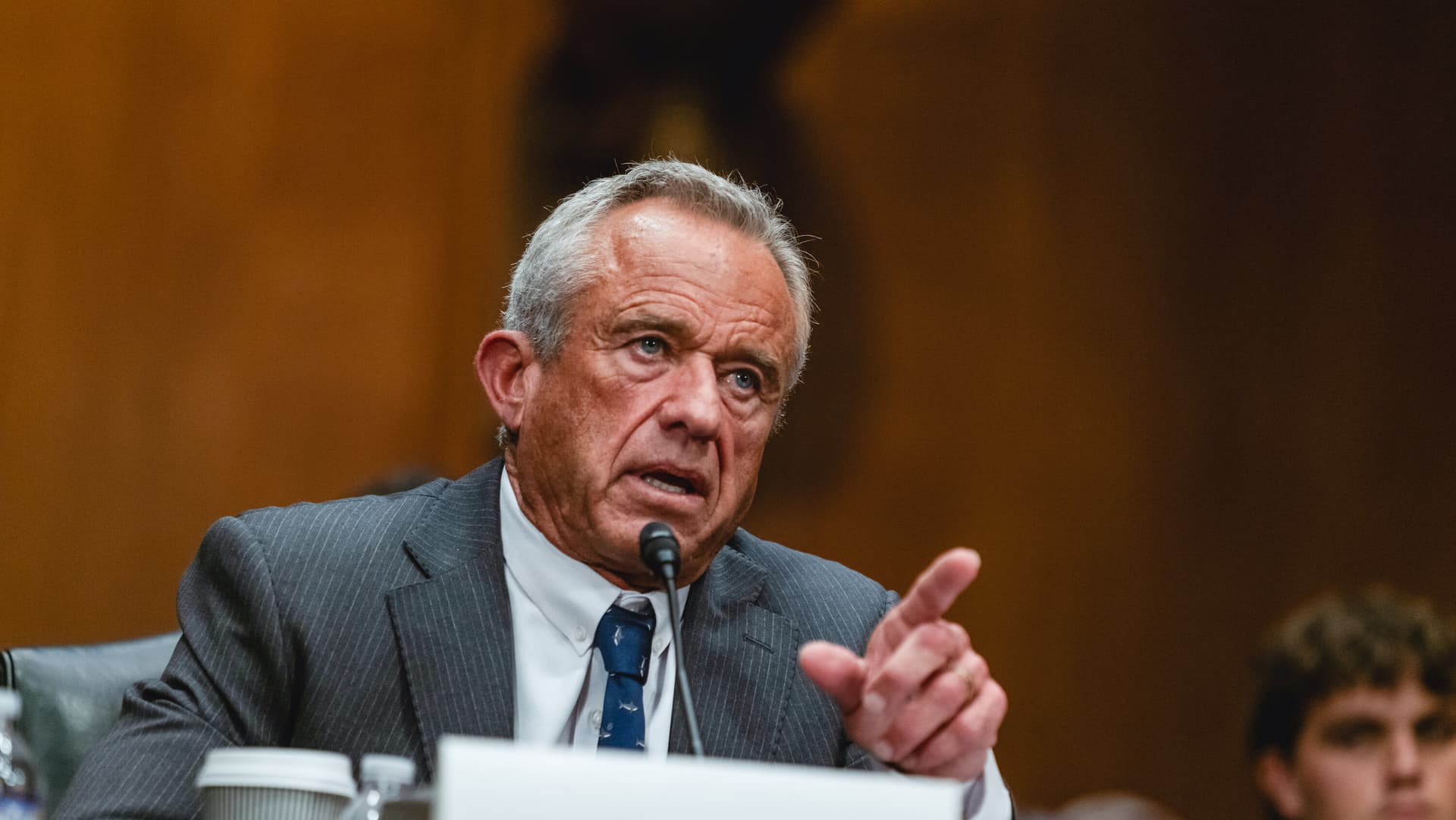RFK Jr.'s Vaccine Claims, Surge in E Bike Injuries and Infant Botulism
A KFF Health News morning briefing highlighted a cascade of public health controversies on November 24, 2025, including HHS Secretary Robert F. Kennedy Jr. amplifying claims about aluminum in vaccines that the scientific community rejects. The briefing also flagged rising e bike injuries among children, a controversy over CDC autism guidance, debate in Washington over extending ACA subsidies, and ongoing investigations into a botulism outbreak linked to infant formula maker ByHeart.

Health officials and public health experts are grappling with a confluence of high stakes controversies following coverage aggregated in KFF Health News’s morning briefing on November 24. The most consequential development involves HHS Secretary Robert F. Kennedy Jr. amplifying claims that aluminum in vaccines causes a range of harms, including allergies and autism. Those assertions are at odds with the prevailing scientific consensus, and experts warn that promoting them within a federal health agency risks undermining confidence in routine immunization programs and could imperil community protection against preventable diseases.
The debate surrounding vaccine safety has long been settled by numerous studies showing no causal link between vaccines and autism, and by decades of monitoring of vaccine ingredients. Public health authorities say that when senior officials lend credence to discredited theories, the practical outcome can be lower vaccination rates and outbreaks of infections that are otherwise controllable. The KFF briefing linked to reporting from national outlets that have covered both the secretary’s statements and the scientific response.
Also on the briefing was growing concern over injuries tied to e bikes among children and teenagers. Emergency departments and local health agencies have reported an increase in crashes and traumatic injuries as e bikes proliferate in suburban and urban neighborhoods. With federal oversight stalled, state and local governments have begun to take measures on their own, adopting age restrictions, helmet requirements, and safety education campaigns in cities and counties that are attempting to curb the trend. Advocates for stronger national standards say a patchwork response could leave gaps in protection, while opponents of broad federal rules argue for local discretion in regulation.
The KFF roundup noted an unfolding controversy over guidance on autism posted to the Centers for Disease Control and Prevention website. The issue has drawn scrutiny from advocacy groups and lawmakers, adding to broader political battles over how federal agencies communicate about developmental conditions and what information is prioritized online. The internal and public debate over CDC messaging has heightened attention on agency leadership and the balance between scientific guidance and political pressures.
In Washington, debate continued over a plan to extend Affordable Care Act subsidies that would help millions of enrollees with premiums. Lawmakers and administration officials are discussing proposals that proponents say would stabilize marketplaces and prevent coverage losses, while opponents raise concerns about the cost and long term fiscal implications. The KFF briefing linked to coverage of these discussions as they play out among committee deliberations and policy briefings.
Finally, investigators are continuing to probe a botulism outbreak tied to infant formula produced by ByHeart. Health agencies and regulators are examining production processes and distribution chains as they seek to determine the cause and scope of the illnesses. The company and federal investigators are under pressure to provide answers quickly given the vulnerability of affected infants and the gravity of botulism as a public health threat. The KFF aggregation drew on reporting from the Associated Press, The Washington Post, Bloomberg and other outlets to map these concurrent stories for policymakers and the public.


